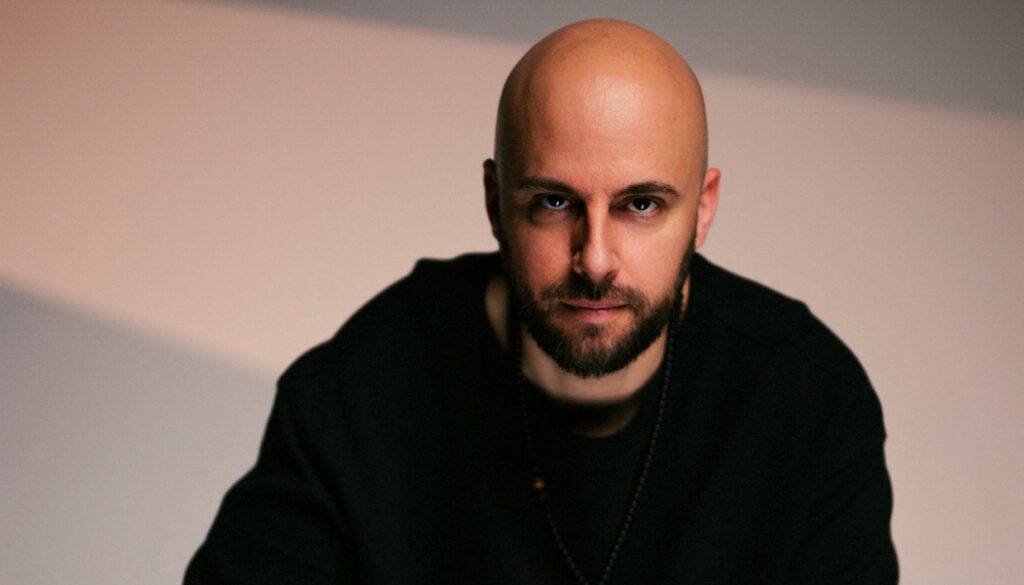How do you stop modular experiments from turning into chaos when you’re still trying to write something emotionally readable?
That’s the real challenge. Before recording any improvisation, I would ask myself what emotion I want to capture. Is it fragility, rupture, hope, anger… that “emotional center” became my anchor so I wouldn’t get lost in experimentation (which is the easiest thing that can happen).
I recorded long sessions knowing that probably only 10% would survive the editing. But that 10% would be pure, real, and deep.
Also, I learned to enjoy the editing process truly.
It’s not just about improvising and hoping for magic. It’s like sculpting when you remove what’s unnecessary until only the essential remains. I focused not just on the “interesting” sounds but on the moments when the machine seemed to speak to me directly, or when the sound broke or exploded into something unexpectedly human. That’s what I was looking for.
Pro tip from UNER: Automate in real time, not on the timeline. Mixing becomes more expressive when you feel the track while shaping it live.




